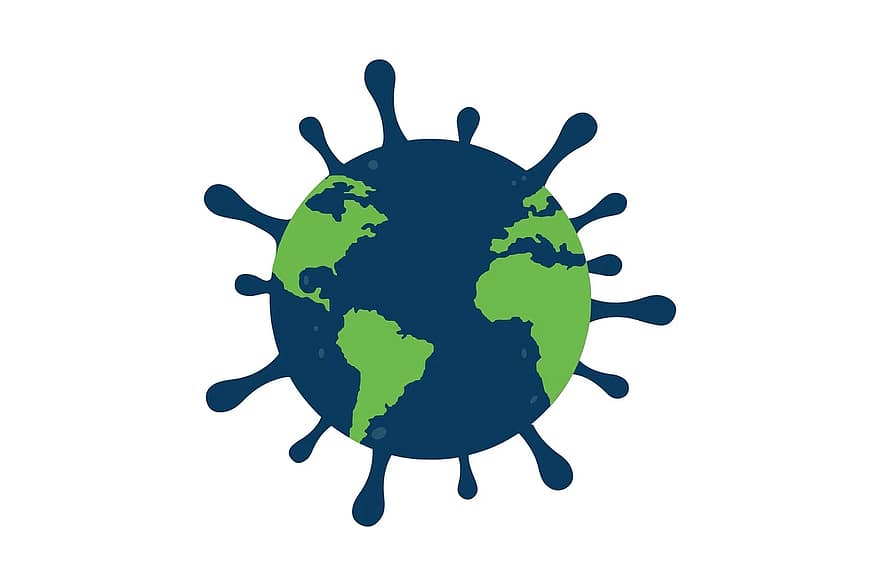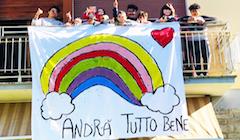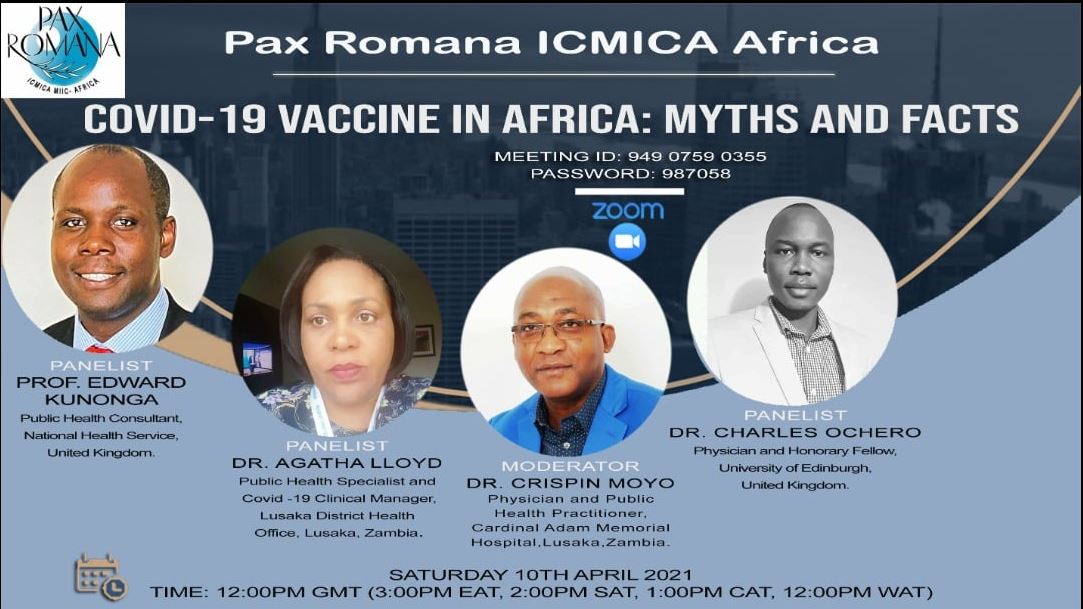Paolo Pileri.
In these days of unhappy isolation I have reread some pages of books that I care about. A rare benefit of this ferocious time. Those who, before us, have lived through crises, wars, imprisonments have told us about them to tell us “how to get out of it”. Yes, it’s not enough to get out of it, but we must understand how. And the passage is not a foregone conclusion. Antonio Cederna maintained that “it will never be possible to change course if we are not willing to fully recognize the mistakes made” (1975). For the young Giaime Pintor “This trial [the serious illness of fascism] can be the principle of a resurgence only if one has the courage to accept it as an impulse to total regeneration” (1943). Norberto Bobbio compared the Resistance to a “hard school of truth: not only an act of moral courage but also of intellectual clarity” (1955). Three testimonies that explain with overwhelming clarity that you can’t get out of crises by standing on your hands or singing from balconies, unless you want to go back to crashing on the next round. You don’t get out of crises simply because they end and we find ourselves changed. To come out of them well we have to go through a collective process of becoming aware of what we want to do next. It takes the courage to break the threads with the model that got us into this enormous trouble. Does it make sense to undergo the changes or is it better to decide on them? Does it make sense not to doubt a task force made up of a majority that comes from the same development model that did nothing to prevent the crash? It’s like asking the arsonist to put out the fire.
In this time of crisis, those who lead the country and the territories should conceptualize the problems that brought us here and regain momentum to dictate the agenda to the economy and not the other way around. Never as in these hours are we willing to understand and accept changes of course that were not possible a few months ago. But if we are told not to fear because it will soon start again … we do not start thinking. If we are convinced that all it takes is a little mask not to fall back into the same social and economic model as a moment ago… Politics must clarify and point out with more courage a different path, a different social philosophy. If it does not propose it to us, it is also because little is thought and little is asked of it. We can see that they still like the model as before. It is obvious that leaving much of what we believed in to follow something else is not painless. But the crash against the covid-19 was certainly not painless. Weekdays of hard work await us since, as Bobbio used to say, one does not become “civilized people with magniloquent gestures on festive days”. You don’t draw the future drumming from the balconies or get away with some generous donation to help build a hospital that Regions and State are not able to set up (using our generous heart confuses the cards and we end up acquitting the incapacity of those who governed the public thing), but you have to want it, set up, prepare and maintain in the days of everyday life, those of tomorrow. Days in which to arrive with clear ideas, to be clarified today.
It pains me to hear talk of “recovery”, of “restart”, of “reopening” without all this relying on a minimum declaration of error on the part of those who have the honor of doing politics. On 22 March I wrote in Avvenire: “We will not return to normality, because normality was the problem”. We breathed inside a spell that’s deflagrated, period. Those who want to bring us back to normal, deceive us. I am not ashamed to ask what normality those who hold the strings of politics, economy and territorial government have in mind: mayors, deputies of the territory, regional councillors, ministers, social and religious authorities, managers… Come out into the open, please.
What economy for the future? Is one worth one? In the name of recovery, “free all”? Do we stop the “annoying” environmental protections? Some mayors are already removing traffic restrictions in city centers to ensure car distancing. Is this progress? Are there also those who propose amnesties and urban simplifications (=close your eyes)? Does intensive agriculture want to spread more manure on an already diseased landscape? Since the logistics are tight in quarantine, should we have them build a few thousand warehouses right away? What about tourism? Still mass, but with a bit of plastic to keep us apart? Are we okay with common people biting each other to catch the first Ikea that comes along? What about research? What about school? It’s not like we’re born under the cabbage the doctors we used to applaud. They’re born in junior high, high school, college, all public stuff. To be treated. And I could go on for hours. It’s clear that employment is now the urgency of urgency, and we all want and must generate work. But it is imperative to encourage all those decent and sustainable occupations that we made fun of until yesterday (green jobs, to be precise).
So let’s make a list of all the most virtuous jobs and propose them to the task forces that are born like mushrooms here and there. There is not only technology, but there is also land maintenance, building restoration, slow tourism, green care, art and culture, economies linked to the beauty of landscapes, knowledge economies, circular and civilized economies and so on. And even if we don’t have a ready and complete list, at least let’s keep the doubt that the list of before is no longer admissible, that giving euro to everybody, like a helicopter throwing money on the crowd and being silent in front of all this, means accepting the 2.0 version of the consumer economy (at least give only to those who are really in need).
We need to cultivate more doubts. Today’s doubt is our hope tomorrow. If we struggle to do this, it means that we have arrived before the culturally weakened covid. And this then would be the first thing to desire and ask for. We have let our intellectual growth be neglected and we have thrown ourselves on “things” and today, that things have broken, we are lost. It’s not crazy to ask for cultural energy. Otherwise, even the good ideas that will come will risk slipping on a floor that is too slippery, without handholds and references, ready again to obey the strongest, the richest or the one with the most like. From tomorrow we have to put together the pieces of the change by committing ourselves on weekdays and not in the spree of the narrow space of the balcony. It’s up to us.





Leave A Comment
You must be logged in to post a comment.